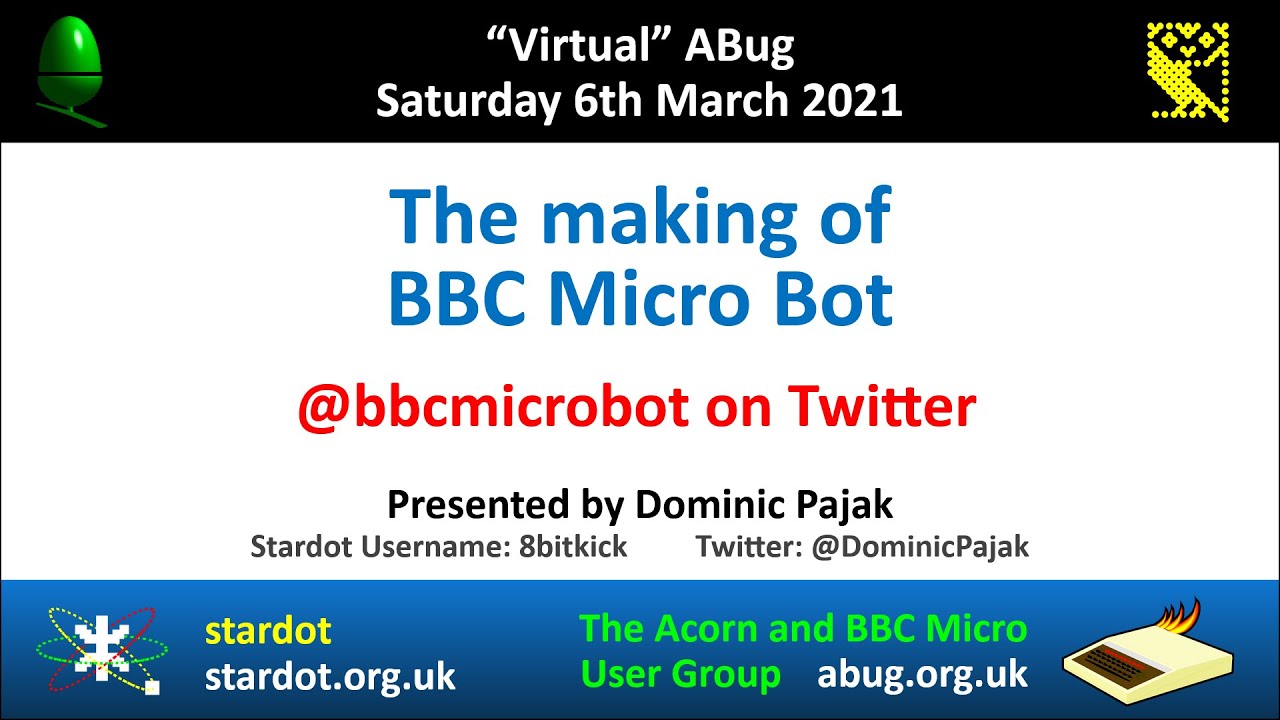Here’s a follow-up thread to today’s spotlight session, where I tried to explain the various facets of my 8-bit life, which I keep saying is the main tech thing I’ve done in the week. Questions and answers welcome!
This is, approximately, what I said:
8 bits - what’s it all about for me?
-
history
- where we came from, how we got here (18 bits, 36 bits, 60 bits, 8 bits), the first mass-market computers
- nostalgia & collecting - reliving experiences
- social - online forums, meetups, very collaborative and supportive community, games, music, creating things, fixing things, discovering things
- simplicity - machines you can understand top to bottom, hardware and software
-
hardware
- green PCBs, through-hole parts, 5V logic, MHz speeds, very accessible
- repairs, debugging of faulty machines, reconditioning
- new developments: expansions, accelerators (adding sprites, colours, blitters, faster CPUs, more RAM, networking)
- solid state storage a game-changer for speed and reliability, compared to the authentic audio cassettes and floppy disks
-
software - again, simple, but can be quite sophisticated, can be very ingenious
- OS-legal applications, languages such as Lisp, Forth, BCPL
- bare-metal projects, games and demos
- reverse-engineering, games and copy protection schemes
- emulators, written in today’s languages and today’s machines, but needing to replicate so many quirky aspects of the original hardware, at full speed
